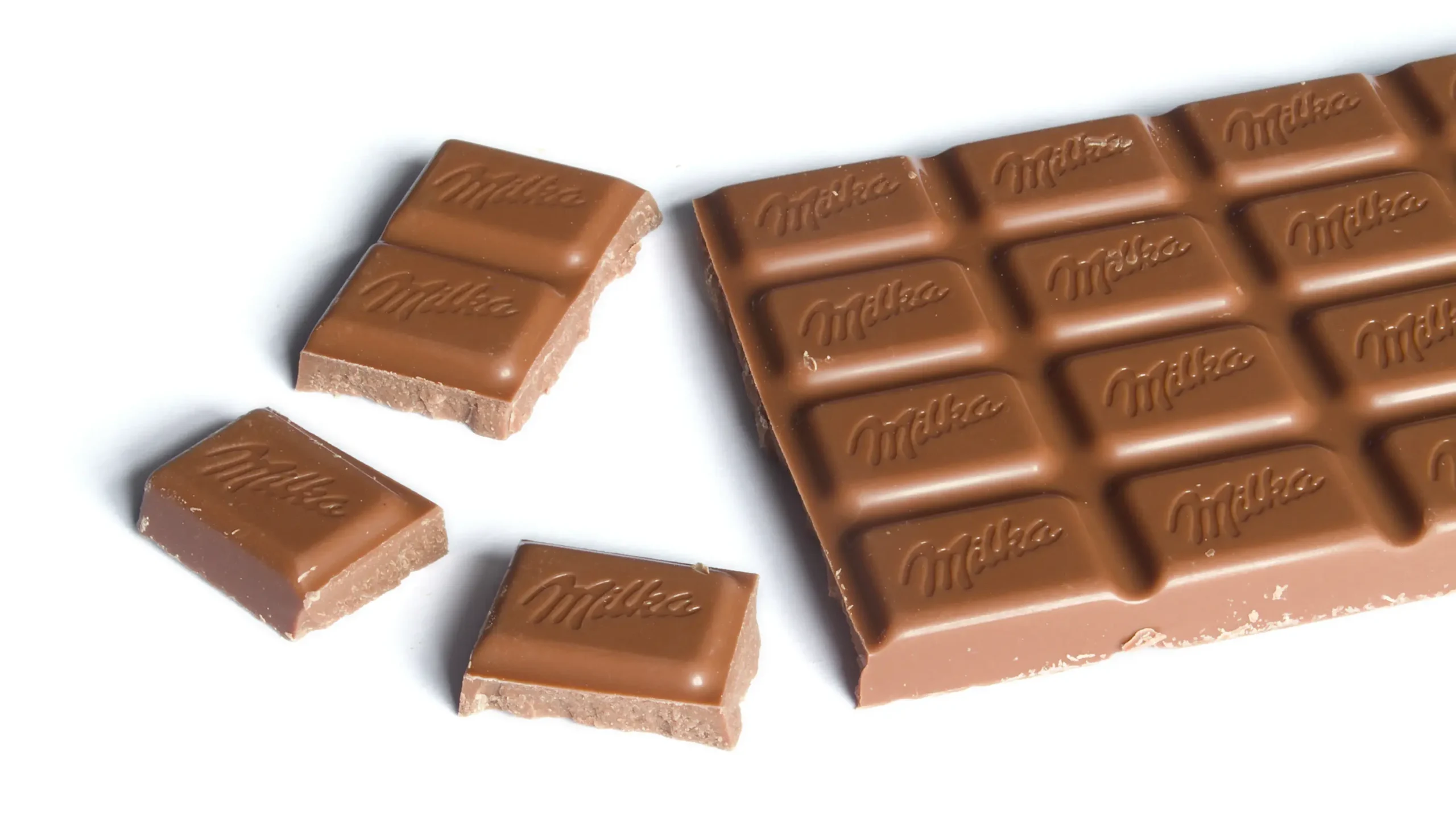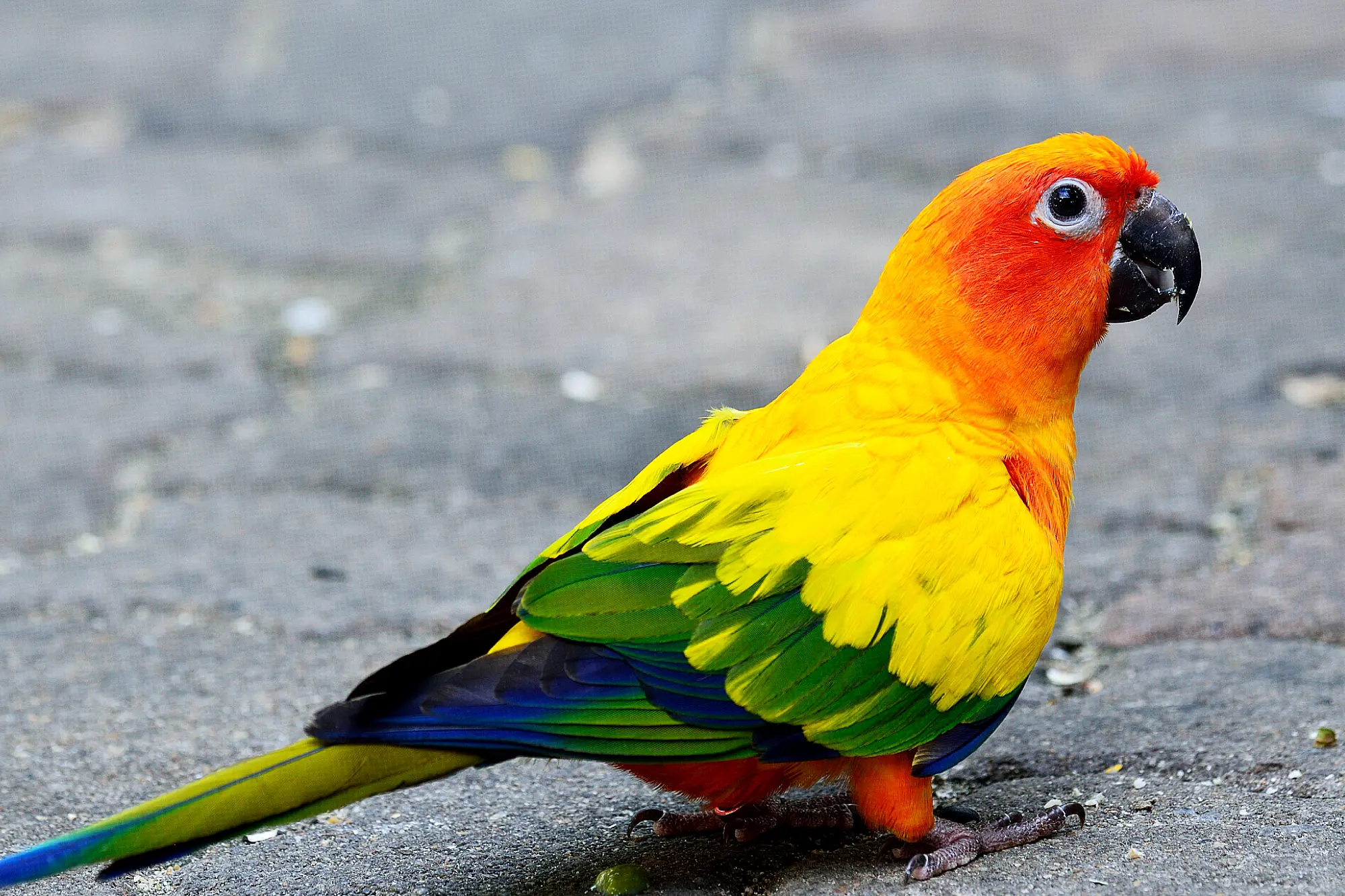Your parakeet is more than just a pet, but a beloved member of the family. As such, you need to understand the specific dietary needs of these small, vibrant birds. Parakeets require a balanced diet to maintain optimal health, but it’s equally important to know what foods are harmful for them. In this article, we will enlighten you about the toxic foods your parakeet must never eat, healthier alternatives, and the importance of providing your bird with a safe and nutritious diet.
Toxic Foods for Parakeets

Chocolate and Caffeine
Chocolate and caffeine are extremely toxic to all bird species, including parakeets. Both substances can stimulate the bird’s nervous system and heart, potentially causing increased heart rate, arrhythmia, hyperactivity, and even death. Symptoms of chocolate or caffeine poisoning include restlessness, rapid breathing, diarrhea, and seizures.
Avocado
Avocado, a healthy food for humans, is deadly for parakeets due to Persin, a natural fungicidal toxin. It causes heart damage, breathing difficulties, and can lead to sudden death in birds. Therefore, never offer your bird any part of an avocado, including the leaves, skin, fruit, and seeds.
Onions and Garlic
Onions and garlic contain sulfides that can lead to anemia in parakeets by bursting their red blood cells. If fed regularly, these can cause digestive issues, weakness, and can even prove fatal. Watch out for symptoms like lethargy, loss of appetite, and pale gums.
Alcohol
Alcohol has the same damaging effects on parakeets as it does on humans, but due to their small size, the effects are much more deadly. Alcohol can cause liver damage, difficulty in breathing, and even death in birds. Your parakeet must NEVER taste alcohol — not even a drop.
Salty and Sugary Foods
Excessive salt can disrupt a parakeet’s electrolyte and fluid balance, leading to excessive thirst, dehydration, kidney failure, and death. Sugary foods, on the other hand, can trigger health issues like obesity, diabetes, and dental problems.
Other Foods to Avoid
High-fat Foods
Just like in humans, a high-fat diet can lead to obesity and related health problems in parakeets, including heart disease and liver damage. Foods such as chips, fried meals, and fatty meat should be limited.
Seeds and Pits from Fruits
Seeds and pits from certain fruits like apple, cherry, peach, pear, and apricot contain traces of cyanide and can be deadly for parakeets. Ensure all fruit given to your pet is properly de-seeded.
Raw or Undercooked Meat
Raw or undercooked meat can contain harmful bacteria like Salmonella or E. coli. Only give your parakeet thoroughly cooked meat to avert any risk.
Safe and Healthy Alternatives
There are a lot of healthy alternatives that your parakeet can eat — fruits, vegetables and pellets are great choices. Earlier this week, we put together a list of vet-approved foods for your parakeet. Do well to check it out.
Fresh Fruits and Vegetables
Parakeets can eat a variety of fruits and vegetables, such as apples (without seeds), bananas, berries, broccoli, carrots, and spinach. These foods are high in nutrition, offer health benefits, and can help improve your bird’s quality of life.
Pellets and Fortified Seeds
Quality commercial parakeet food like pellets and fortified seeds offer a balanced diet that meets all nutrition requirements. Brands like Kaytee, ZuPreem, and Harrison’s come highly recommended.
Safe Treats and Occasional Foods
Treats can be given as rewards or to add variety in the parakeet’s diet. These can include cooked quinoa, cooked lean meat, and the occasional unsalted popcorn. Remember moderation is key.
Frequently Asked Questions
Why are chocolate and caffeine harmful to parakeets?
Chocolate and caffeine stimulate the bird’s nervous and cardiac systems, which could lead to an increased heart rate, arrhythmia, hyperactivity, and even death.
Can I feed avocado to my parakeet?
No, avocados contain a natural fungicidal toxin called Persin which can lead to heart damage and respiratory difficulties in parakeets, and is potentially deadly.
Are onions and garlic safe for parakeets to eat?
No, onions and garlic contain sulfides which can cause anemia in parakeets by bursting their red blood cells. Regular consumption can cause digestive issues and could be fatal.
Can my parakeet have a sip of my beer or wine?
Absolutely not. Alcohol can cause liver damage, breathing difficulty, and death in birds due to their small size and the associated increased effect.
Q5: Why are salty and sugary foods not suitable for parakeets?
A: Excessive salt can disrupt a parakeet’s electrolyte and fluid balance while sugary foods can trigger health issues like obesity, diabetes, and dental problems.
Are fatty foods suitable for parakeets?
No, high-fat diets can lead to obesity-related health problems in parakeets, including heart disease and liver damage.
Are fruit seeds and pits harmful to my parakeet?
Yes, seeds and pits from certain fruits like apple, cherry, peach, pear, and apricot can be deadly for parakeets as they contain traces of cyanide.
Is it safe to feed raw or undercooked meat to parakeets?
No, raw or undercooked meat can contain harmful bacteria like Salmonella or E. coli. Always ensure any meat is thoroughly cooked.
What fruits and vegetables can I feed my parakeet?
Parakeets can eat a variety of fruits and vegetables – apples (without seeds), bananas, berries, broccoli, carrots, and spinach being a few examples.
Are commercial pellet and seed brands good for my parakeet?
Yes, they are generally balanced diets that meet all nutrition requirements. Brands like Kaytee, ZuPreem, and Harrison’s are often recommended.
What treats can I give my parakeet?
Cooked quinoa, cooked lean meat and unsalted popcorn can be offered as treats, but remember, moderation is key.
Is a balanced diet important for a parakeet?
Absolutely, the diet you offer your parakeet is pivotal in determining overall well-being.
Can I give my parakeet food from my plate?
Depends on what you are eating. It’s best to stick to parakeet-safe foods and ensure anything you share is free of harmful ingredients (like onion, garlic, caffeine and chocolate).
Are potatoes safe for parakeets to eat?
Yes, but ensure they are cooked and unsalted. Never feed parakeets green or sprouting potatoes as they contain solanine, a toxic compound for birds.
Can parakeets drink milk?
Most parakeets are lactose intolerant. Though a small amount won’t harm them, it’s best to avoid it as it can cause digestive issues.
Can a parakeet eat cheese?
Small amounts of cheese can occasionally be given, but since parakeets are generally lactose intolerant, it’s best to keep it minimal.
Are eggs good for parakeets?
Yes, they can eat cooked eggs, including the shell which is a good source of calcium. But remember, the egg should be cooked thoroughly to kill any potential bacteria.
Is bread okay for parakeets?
While it’s not toxic, bread does not offer any nutritional benefits for parakeets. Feeding them too much bread can lead to obesity and other health problems.
Can my parakeet eat nuts?
Yes, nuts can be a good source of protein and healthy fats in a parakeet’s diet. However, it’s best to feed them unsalted nuts and in moderate quantities due to the high fat content.
What should I do if my parakeet accidentally consumes harmful food?
If your parakeet consumes something harmful, contact a vet immediately. They will be able to provide you with guidance and potentially lifesaving treatment.
Now that we’ve gone over the harmful foods that should never be fed to parakeets, it is clear that the diet we provide them makes a significant impact in their overall well being. Always try offer them a safe, balanced, and nutritious diet. For further guidance and any concerns, consult with an avian veterinarian.
